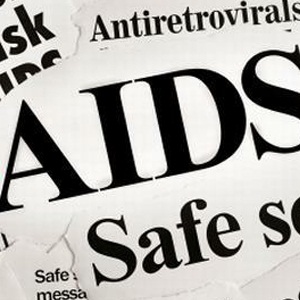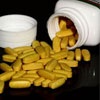
These gaps have led to distracted efforts and energy, and polarisation rather than synergy, of HIV/Aids and nutrition management, says Nigel Rollins, professor of Maternal and Child Health at the University of KwaZulu-Natal.
Rollins spoke at the 21st Biennial Nutrition Congress of the Nutrition Society of South Africa, which is currently being held in Port Elizabeth.
“From the earliest clinical descriptions and reports, the impact of HIV on the nutritional status of infected adults and children has been obvious,” Rollins says, referring to what was once known as “slim disease”.
In spite of this, there is a remarkable dearth of clinical data bringing understanding to the metabolic processes that result in, the all too common, anorexia and wasting.
“There is even less data describing the benefit of nutritional interventions in alleviating symptoms and improving the quality and duration of life of infected adults and children,” he says.
According to Rollins, there still aren’t clear answers to the questions that were asked in the mid-80s: What is the nutritional cost of HIV? Does good nutrition delay disease progression? And what is the best way to intervene?
Bridging the knowledge gap
Rollins urges South African nutritionists to be informed about the detail – and not just the general principles – of nutrition and HIV.
“We need to take personal responsibility and know the information at our fingertips,” he says.
He highlights some of the most important facts, recently highlighted by the World Health Organisation in a technical review, which nutritionists should be aware of:
- Energy needs increase by about 10% in adults and children from the time of infection.
- During and after severe illnesses, these needs might increase by a further 20-30%. In children, this may be up to 150%.
- There is no evidence for increased protein requirements other than in a balanced diet, i.e. 12-15% of the total energy intake.
- Anorexia and poor dietary intake are important causes of weight loss.
- Improving the diet alone, though, may not result in weight recovery and improvement in clinical status.
- To obtain the maximum benefit of antiretroviral drugs, adequate and appropriate nutritional intake is necessary.
Apart from knowing the facts, Rollins emphasises that nutritionists should think comprehensively and integrated, thereby helping to implement policies and practices that will promote the integration of nutrition into a comprehensive response to HIV/Aids.
Nutritionists should also be committed and active in addressing the problems associated with nutrition and HIV.
“It is only with good planning and management that we will survive,” he says.
- (Carine van Rooyen, September 2006)




 Publications
Publications
 Partners
Partners










